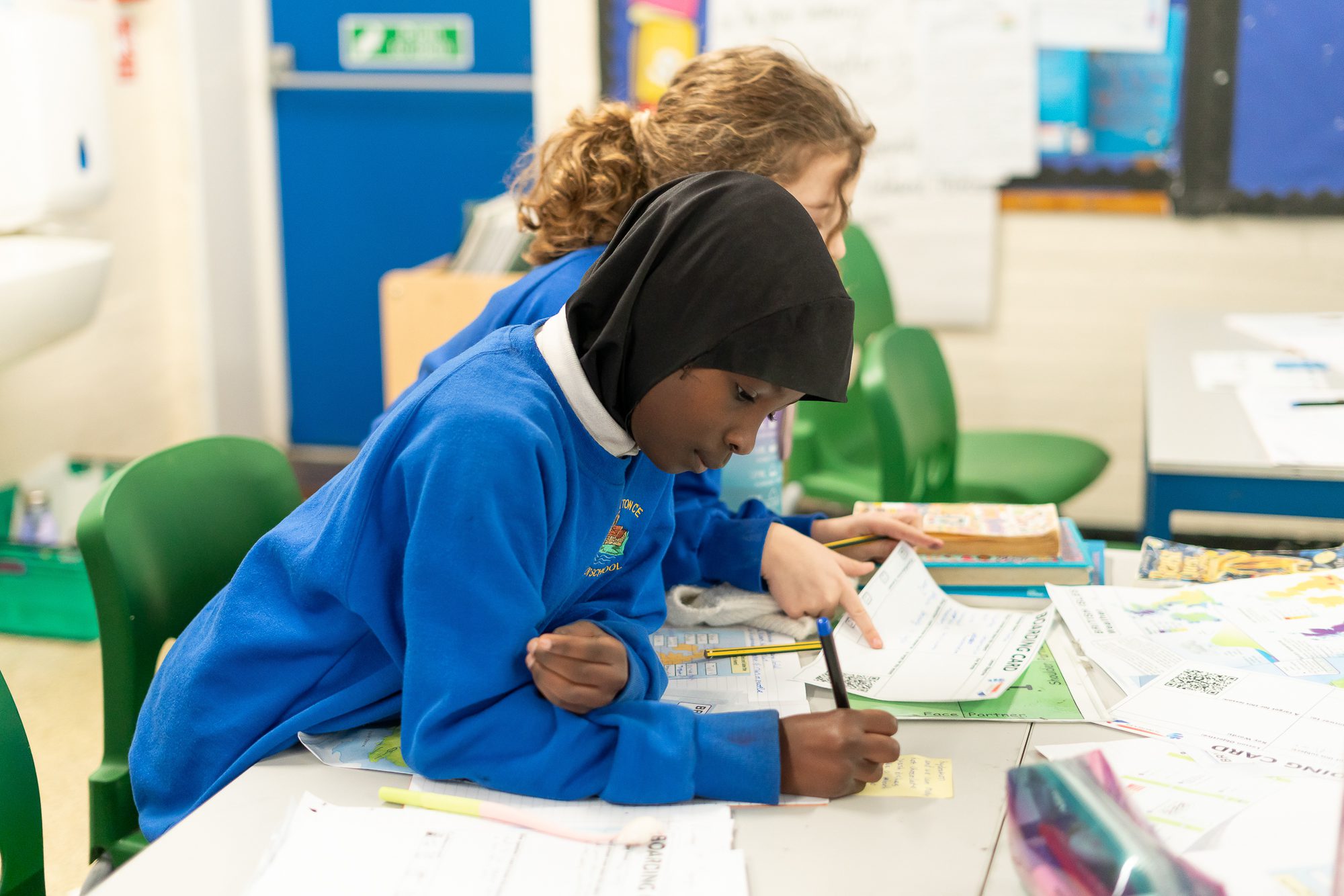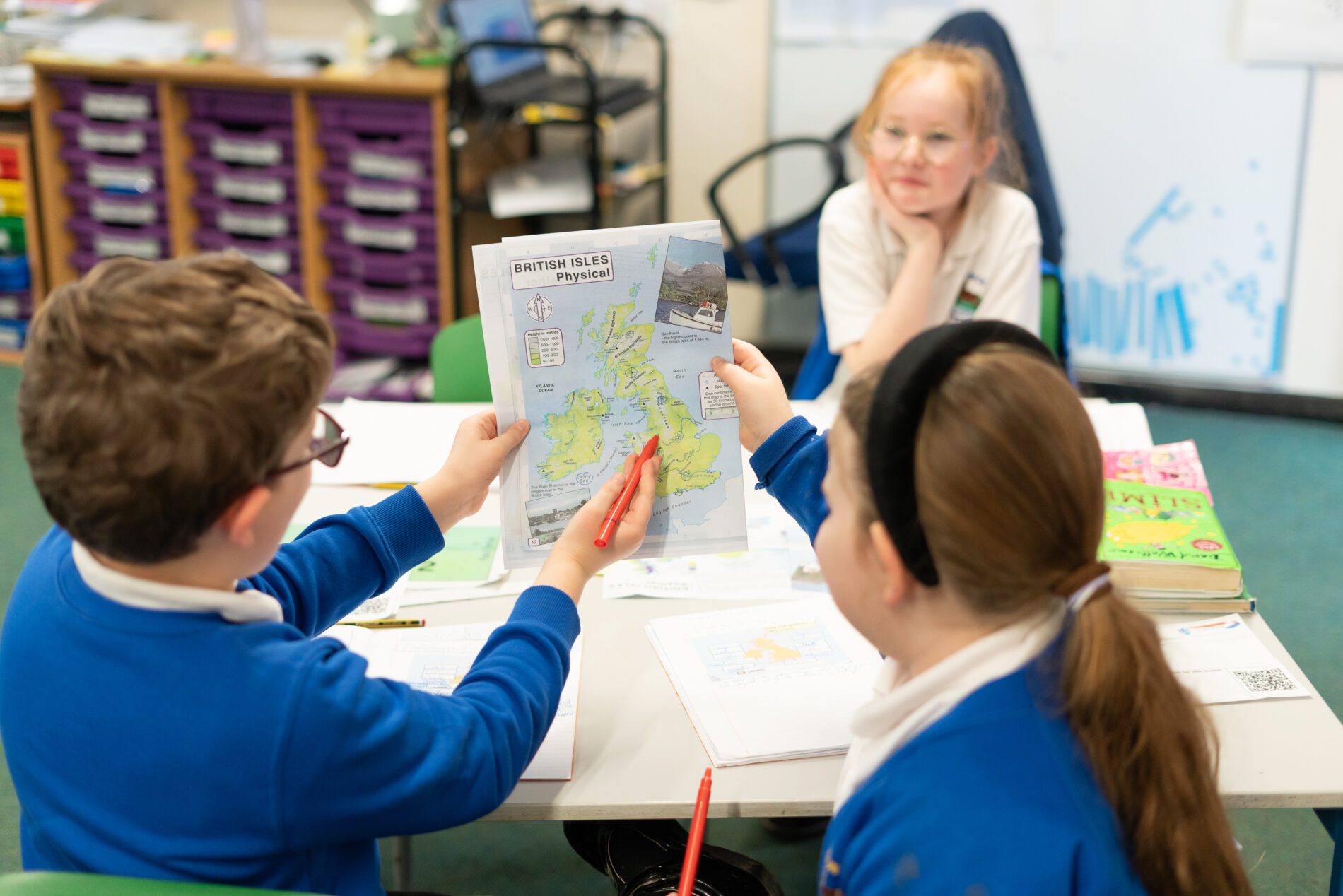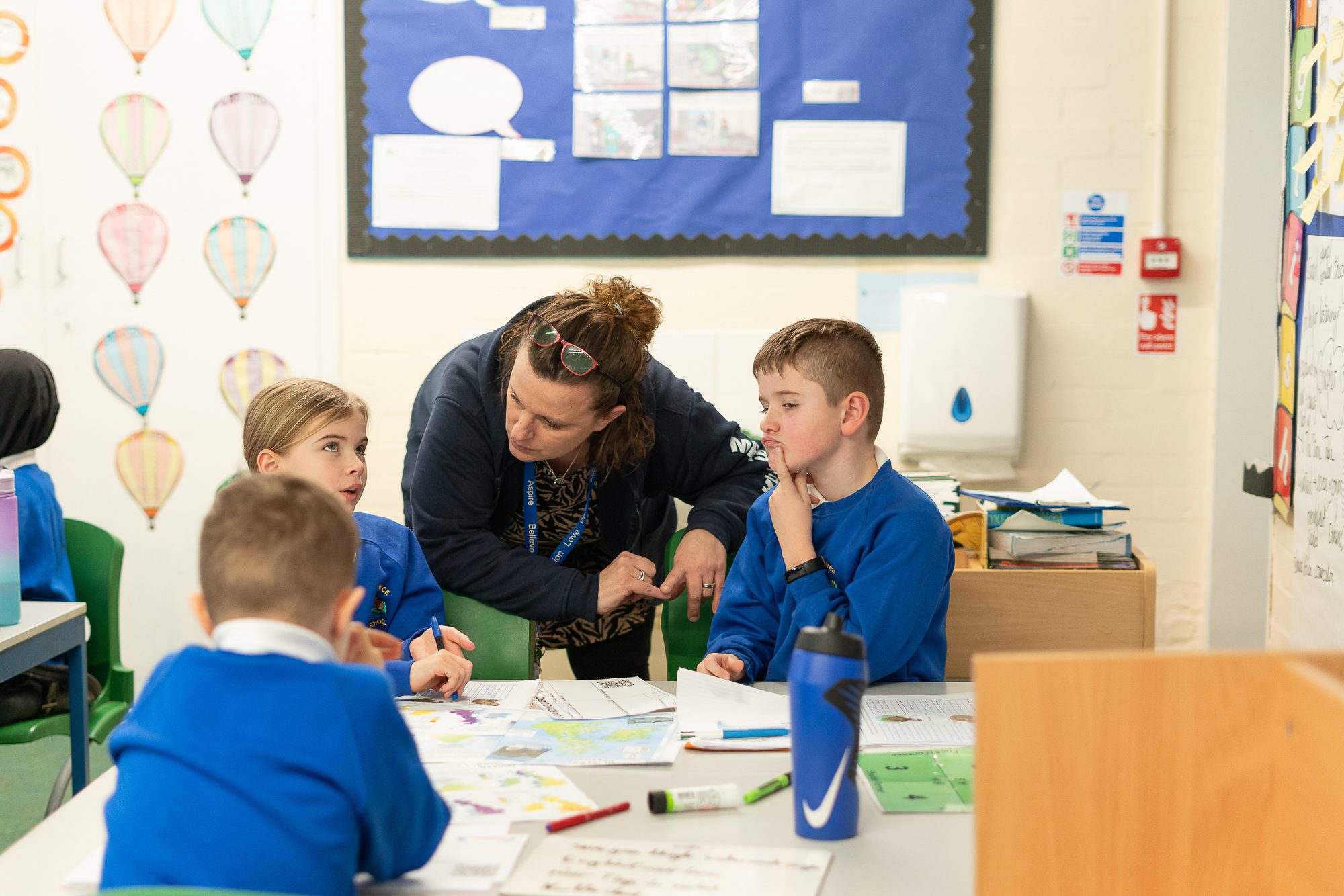Geography Subject Leader: Mrs R Smith
At Ditton Junior School, we aim for geography to be understood, enjoyed and celebrated. Topics are informed by the national curriculum and linked to the Quigley Essential curriculum, as well as to the local area.
Intent
The geography curriculum at Ditton is planned and structured to ensure that the school’s approaches are informed by current pedagogy. In our geography curriculum, we strive to create opportunities which will inspire in pupils a curiosity and fascination about the world and its people that will remain with them for the rest of their lives. In line with the national curriculum 2014 and Quigley’s Essentials Curriculum, at Ditton we aim for all pupils to:
- Be equipped with knowledge about diverse places, people, resources and natural and human environments.
- Contribute to a deep understanding of the Earth’s key physical and human processes.
- Explain how the Earth’s features at different scales are shaped, interconnected and change over time.
- In this way they will:
- Develop contextual knowledge of the location of globally significant places (both terrestrial and marine)
- Understand the processes that give rise to key physical and human geographical features of the world
- Recognise that such processes bring about spatial variation and change over time.


Implementation
Each unit of learning will be planned based on key geographical skills that we aim to develop throughout the child’s geography learning journey. The skills covered through topics of work will include:
- Collect, analyse and communicate a range of data gathered through experiences of fieldwork
- Interpret a range of sources of geographical information, including maps, diagrams, globes, aerial photographs and Geographical Information Systems (GIS)
- Communicate geographical information in a variety of ways, including through maps, numerical and quantitative skills and writing at length. These skills will underpin the lessons we deliver and opportunities will be taken to positively promote equality and diversity.
Impact
Teachers have identified the key knowledge and skills for each topic and consideration has been given to ensure progression across topics throughout each year group. By the end of year 6, children will have a breadth of knowledge about key aspects of geography, both human and physical.
They will be able to draw comparisons and make connections between different cultures/settlements and their own locality and country. Planning is informed by both the national curriculum and Quigley’s Essentials Curriculum. Outcomes of work are regularly monitored to ensure that they reflect a sound understanding of the key identified knowledge.

Geography Progression
Assessments
Teacher assessment is ongoing and forms part of our planning process in all subjects. Pupils’ attainment in all subjects is tracked 3 times per year against teacher assessment frameworks.
SEND Information
Consideration will be given to how learners will be aided to support the school’s commitment to inclusion. Geography lessons will be accessible to all, with teachers adapting and differentiating the expectations and activities based on the needs of the children in their classes.
Geography Resources
Further Geography Help

